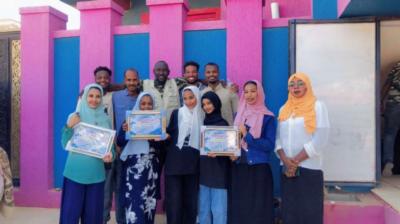Local governance, urban poverty and service delivery in Namibia
Timeframe: Nov 2003 - Dec 2005
Funder: NORAD
Odd-Helge Fjeldstad
Research Professor, Coordinator: Tax and Public Finance
The primary objective of this project was to identify viable approaches to the delivery of basic services for people living in poor urban areas. In the context of the recent Namibian Decentralisation Policy and the government's increasing preoccupation with urbanisation and local government reforms, the study aimed to inform development policies. The resulting report focuses on the delivery of housing, water, electricity, and sanitation - the inadequacy of which all currently have detrimental effects on the poor - using two towns as case councils: Outapi and Ondangwa, located in the populous north. The study examines the issue of service delivery as seen from both the councils and the informal settlement population, and puts forward recommendations which are organised in accordance with challenges related to (i) local governance and citizen participation; (ii) finances and financial management; and (iii) sustainable service delivery and coping strategies for poor people. Several recommendations are given under these headlines: (a) Planning capacity and human resources; (b) Demarcation of functions between officials, councillors and traditional authorities; (c) Citizen participation; (d) Financial performance; (e) Transfers from the central government; (f) Own revenues; (g) Addressing non-payment; (h) Information on local government budgets and accounts; (i) The poverty reduction action programme; (j) Cost recovery and choice of technology; and (k) "Lifeline" supply of key services to the poor. The project involved researchers from the Social Sciences Division, University of Namibia and Chr. Michelsen Institute.








